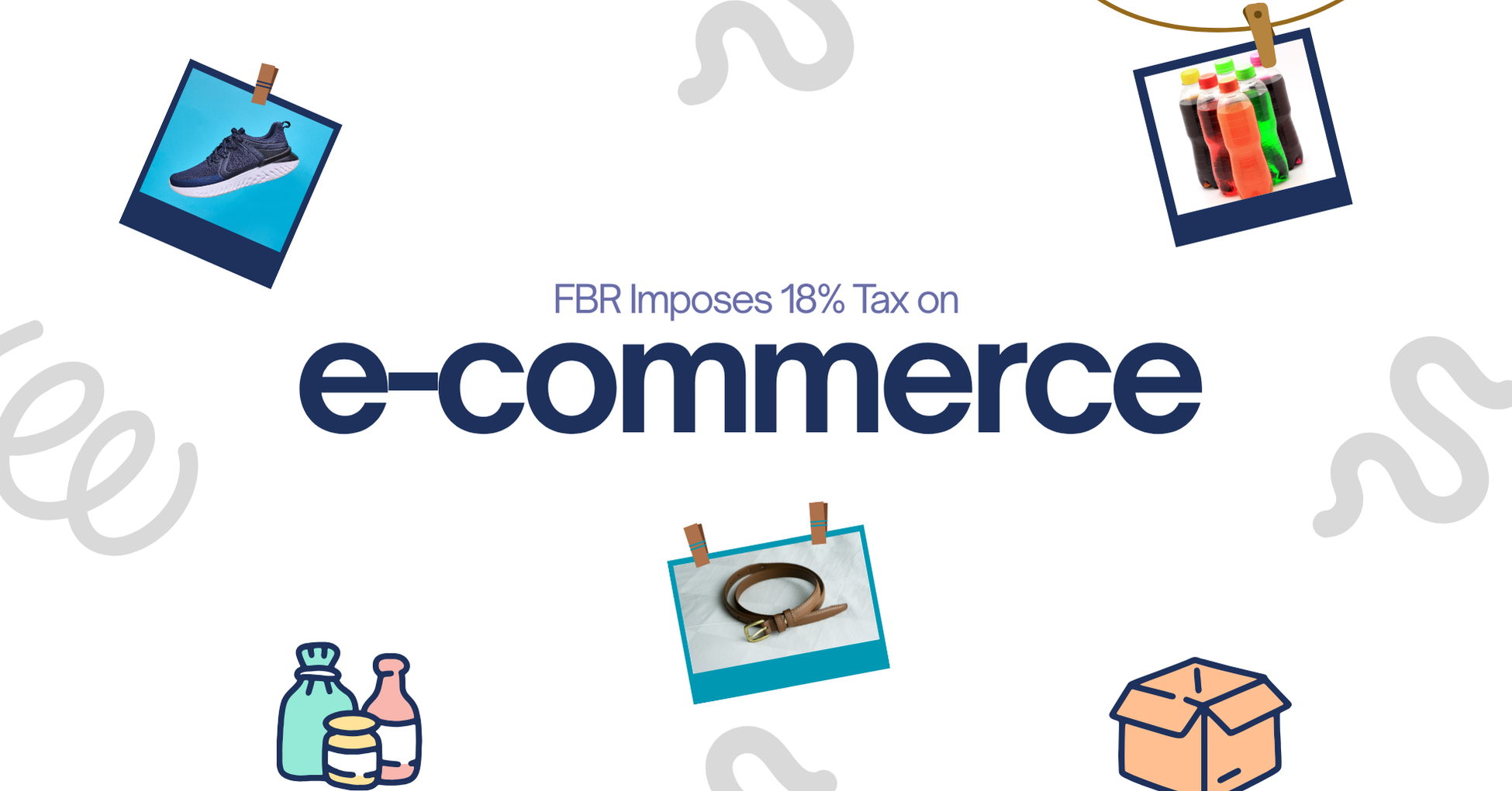In a significant policy shift, the Federal Board of Revenue (FBR) has finalized a proposal to impose an 18% sales tax on leading e-commerce platforms in Pakistan, including Daraz, OLX, Zameen, and PakWheels. This move is expected to be part of the upcoming Finance Bill for 2025-26 and aligns with Pakistan’s ongoing efforts to broaden its tax base and meet fiscal reform commitments set by the International Monetary Fund (IMF).
Why This Tax Is Being Introduced
Sources close to the matter revealed that this measure is a strategic step by the government to enhance tax collection and contribute to achieving the ambitious revenue target of Rs. 14.3 trillion for the next fiscal year. The 18% sales tax will apply specifically to online buying and selling transactions facilitated through these prominent digital platforms.
The decision comes as part of the broader economic reform agenda required under the IMF program, aimed at boosting transparency, improving revenue generation, and reducing the fiscal deficit.
Impact on the E-Commerce Sector
The proposed tax is expected to significantly impact Pakistan’s digital commerce ecosystem, which has seen exponential growth in recent years. Online marketplaces like Daraz and OLX have enabled thousands of small businesses and individuals to reach a national audience. However, many of these transactions have previously operated outside the formal tax net.
By bringing these digital platforms under the sales tax regime, the FBR aims to:
- Formalize the e-commerce sector
- Ensure fair tax contribution across all economic segments
- Level the playing field between traditional retail and online sellers
What This Means for Businesses and Consumers
If implemented, this 18% sales tax could lead to:
- Increased costs for buyers on online platforms
- Price adjustments by sellers to offset tax impact
- Compliance requirements for platform operators
However, it also brings the benefit of greater regulation and trust in online transactions, as formalized businesses are more likely to adhere to consumer protection and quality standards.
FBR’s Long-Term Vision
The FBR views this policy as a critical step toward modernizing Pakistan’s tax system and aligning it with global digital economy standards. With digital commerce rapidly growing, the government sees an opportunity to tap into previously untaxed revenue streams while ensuring greater accountability and financial transparency.
Final Thoughts
The introduction of an 18% sales tax on major e-commerce platforms like Daraz, OLX, Zameen, and PakWheels reflects Pakistan’s commitment to fiscal discipline and economic reform. While it may create short-term challenges for online buyers and sellers, it sets the stage for a more structured and equitable digital economy in the long run.
As the Finance Bill 2025-26 is finalized, businesses and consumers alike should prepare for this shift and explore ways to adapt to the new tax environment in the evolving e-commerce landscape.


